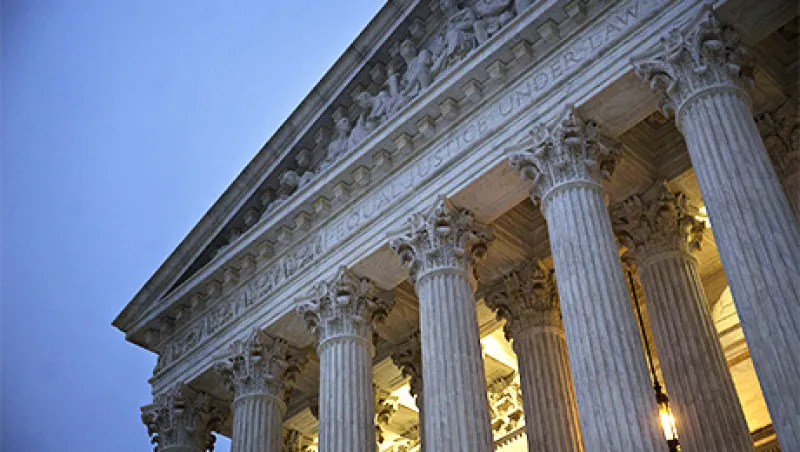
The SEC’s New Challenge: Faster Investigations
Supreme Court ruled the SEC has five years to file a claim for disgorgement in securities violation cases.
Sheila Dang
June 6, 2017


